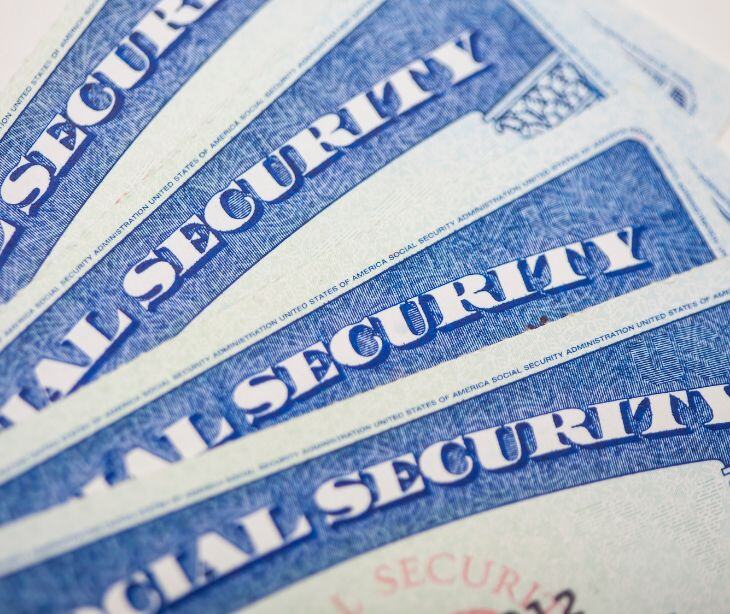2 min read
Arbor Associates breach could expose names, DOBs, and medical records
Caitlin Anthoney Aug 29, 2025 12:45:00 AM

Arbor Associates, a Michigan-based healthcare consulting firm, recently reported a data breach that may have exposed sensitive personal and protected health information (PHI) of an unknown number of individuals.
What happened
On August 8, 2025, Arbor Associates notified the California Attorney General of a data breach affecting its systems. The breach occurred between April 15 and April 17, 2025, when unauthorized third parties may have accessed files containing sensitive information. Arbor Associates began investigating the unusual network activity on April 17, 2025, to determine the scope and nature of the incident.
The potentially compromised information includes names, dates of birth, medical record numbers, health records, and health insurance details. Arbor Associates is currently reviewing affected data and identifying impacted individuals. Notification letters are being sent to affected parties, along with complimentary credit monitoring services to help mitigate potential risks.
What was said
“As soon as Arbor discovered the incident, we took the steps described above and implemented measures to enhance security and minimize the risk of a similar incident occurring in the future,” the breach notification letters that Arbor Associates filed with the Attorney General of California explain.
Affected individuals are being offered credit monitoring services to address potential risks of identity theft and fraud.
The big picture
Organizations like Arbor Associates, which support hospitals and clinics with patient surveys and operational consulting, hold extensive health data that can be exploited if security measures fail.
Healthcare data is particularly valuable to cybercriminals because it contains a combination of personal identifiers, medical histories, and insurance details.
According to the 2025 Healthcare Email Security Report, healthcare breaches are increasing, with phishing, ransomware, and unauthorized access among the top attack vectors.
Commenting on how healthcare organizations can prevent such incidents, Prof. Sumantra Sarkar, Binghamton University, State University of New York, emphasized the importance of three pillars: Prevent, Detect, and Respond.
“Prevent: The goal here is to block threats and vulnerabilities before they can cause problems. A big part of this is user training. We call it SETA: Security Education, Training, and Awareness. It focuses on making people aware of the vulnerabilities of their systems and then enforcing a cybersecurity culture. This is also where tools like firewalls, intrusion detection systems, and anti-malware software can help.
Detect: This is about identifying potential or actual security incidents or breaches. The best way to do that is by monitoring systems, networks, and applications using intrusion detection systems and anomaly detection.
Respond: The goal here is to contain and minimize the damage caused by a security incident. Start by finding out the cause of the event through root cause analysis. Also patch vulnerabilities, notify affected parties, and implement additional security controls as necessary."
Learn more: How to respond to a suspected HIPAA breach
FAQs
What is a data breach?
A breach occurs when an unauthorized party gains access to, uses, or discloses protected health information (PHI) without permission. Examples of breaches include hacking, losing a device containing PHI, or sharing information with unauthorized individuals.
What should individuals do if their data has been compromised?
If individuals suspect their data has been compromised, they must monitor their accounts for suspicious activity and report any unauthorized transactions immediately.
Are there any costs associated with placing a fraud alert or credit freeze?
No, under U.S. law, consumers are entitled to a free credit report annually from each of the three major credit reporting bureaus, Equifax, Experian, and TransUnion. So, placing a fraud alert or credit freeze does not incur any costs.




